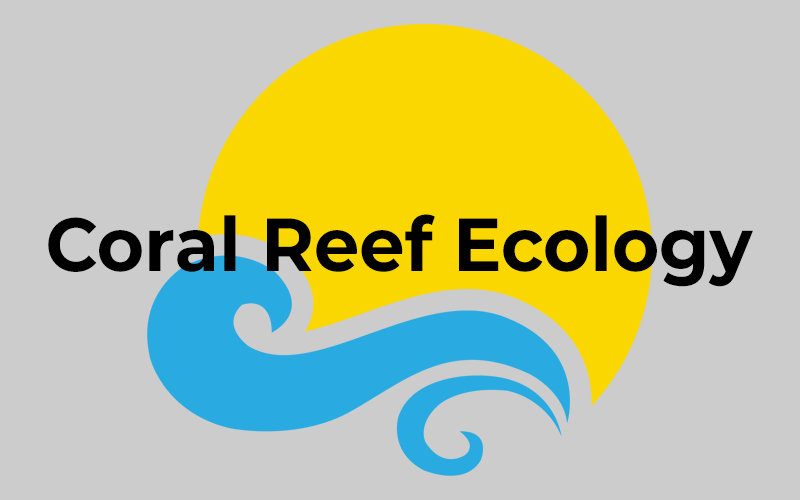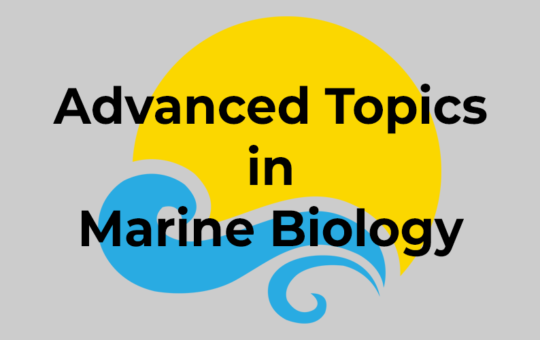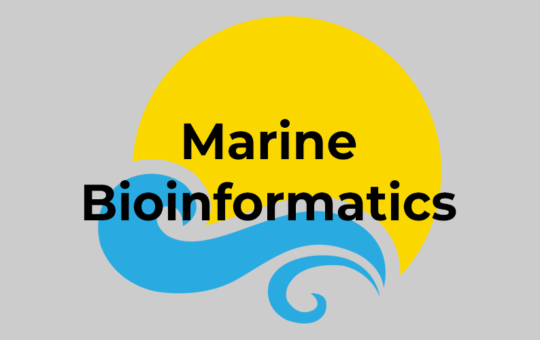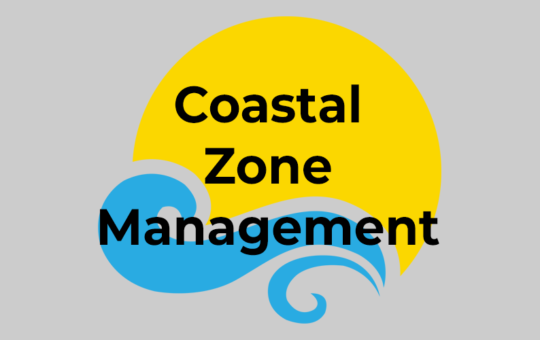
Coral Reef Ecology
Coral Reef Ecology delves into the intricate and vibrant ecosystems of coral reefs, which are among the most diverse and productive marine environments. This course provides students with an in-depth understanding of the biological, chemical, and physical processes that underpin coral reef ecosystems. Students will explore the anatomy, physiology, and life cycles of corals, examining how these organisms build and maintain reef structures. The course covers the diverse array of species that inhabit coral reefs, including fish, invertebrates, and algae, and their complex interactions within the reef community.
The course also addresses the various threats facing coral reefs, such as climate change, ocean acidification, overfishing, and pollution. Students will learn about the mechanisms of coral bleaching, the impact of human activities on reef health, and the strategies used to mitigate these threats and promote reef conservation. Emphasis is placed on the importance of coral reefs for biodiversity, coastal protection, and human livelihoods. Through lectures, fieldwork, and laboratory exercises, students will gain practical skills in reef monitoring, restoration, and management, preparing them for careers in marine biology, conservation, and environmental management. The course fosters a deep appreciation for the ecological significance of coral reefs and the urgent need to protect these fragile ecosystems.
Curriculum
- 7 Sections
- 20 Lessons
- 1 Quiz
- 0m Duration
Section 1: Introduction to Coral Reefs
- Chapter 1: Overview of Coral Reef Ecology
- Chapter 2: History and Formation of Coral Reefs
- Chapter 3: Structure and Function of Coral Reefs
Section 2: Coral Biology and Diversity
- Chapter 4: Coral Anatomy and Physiology
- Chapter 5: Coral Reproduction and Life Cycles
- Chapter 6: Diversity of Coral Species
Section 3: Coral Reef Ecosystems
- Chapter 7: Coral Reef Habitats
- Chapter 8: Reef-Building Organisms
- Chapter 9: Coral Reef Food Webs
Section 4: Threats to Coral Reefs
- Chapter 10: Natural Threats to Coral Reefs
- Chapter 11: Human Impact on Coral Reefs
- Chapter 12: Climate Change and Coral Reefs
Section 5: Coral Reef Conservation and Management
- Chapter 13: Strategies for Coral Reef Conservation
- Chapter 14: Sustainable Use of Coral Reef Resources
- Chapter 15: Policy and Regulation
Section 6: Research and Monitoring
- Chapter 16: Coral Reef Research Techniques
- Chapter 17: Technological Advances in Coral Reef Research
- Chapter 18: Citizen Science and Public Engagement
Section 7: Case Studies and Future Directions
- Chapter 19: Case Studies in Coral Reef Conservation
- Chapter 20: Future of Coral Reef Ecology
- Course 16: Coral Reef Ecology - Assessment Test





